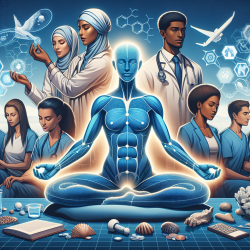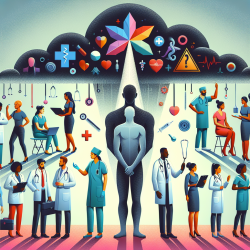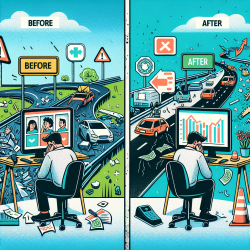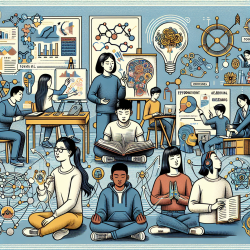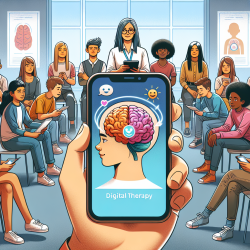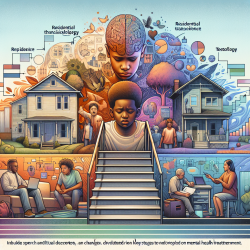Introduction
As the landscape of healthcare continues to evolve, the integration of complementary and alternative medicine (CAM) practices, such as massage therapy, into mainstream medical education is becoming increasingly important. A recent study titled "Massage perceptions and attitudes of undergraduate pre-professional health sciences students: a cross-sectional survey in one U.S. university" sheds light on the attitudes and perceptions of future health professionals toward massage therapy. Understanding these perceptions can help practitioners improve their skills and encourage further research in this area.
Understanding the Research
The study surveyed 129 undergraduate pre-professional health sciences students to assess their attitudes towards massage therapy. The results indicated that students with prior massage experience had more positive attitudes compared to those without. Interestingly, demographic factors such as gender and race also influenced perceptions. For instance, male students were more likely to prefer female massage therapists, highlighting potential gender biases that could impact future professional interactions.
Implications for Practitioners
For practitioners, these findings underscore the importance of addressing implicit biases and promoting a more inclusive understanding of massage therapy. By recognizing and challenging gender biases, practitioners can create a more welcoming environment for all patients. Additionally, practitioners should consider incorporating CAM practices into their treatment plans, as these have been shown to enhance patient outcomes, particularly in managing stress and musculoskeletal pain.
Encouraging Further Research
The study highlights the need for further research into how attitudes towards massage therapy influence referral practices. Future research could explore the relationship between healthcare providers' personal experiences with massage and their likelihood of recommending it to patients. This could lead to more informed and holistic patient care.
Conclusion
As future healthcare professionals, pre-professional health sciences students play a crucial role in shaping the future of patient care. By embracing the benefits of massage therapy and other CAM practices, they can offer more comprehensive and patient-centered care. Educators and practitioners alike should strive to integrate CAM into healthcare education, ensuring that future professionals are well-equipped to meet the diverse needs of their patients.
To read the original research paper, please follow this link: Massage perceptions and attitudes of undergraduate pre-professional health sciences students: a cross-sectional survey in one U.S. university.
